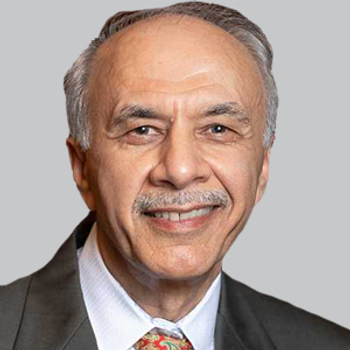
A recently presented biobank data analysis showed associations between reduced transthyretin and higher incidence of conditions such as Alzheimer disease, cardiovascular disease, and rheumatoid arthritis.

A recently presented biobank data analysis showed associations between reduced transthyretin and higher incidence of conditions such as Alzheimer disease, cardiovascular disease, and rheumatoid arthritis.

Among patients with severe Guillain-Barré syndrome, imlifidase plus IVIg resulted in improved mobility, strength, and disability scores, with sustained benefit over a 6-month time period.

A recently presented matching-adjusted indirect comparison assessed outcomes of immune globulin subcutaneous (Human)-ifas, 10% solution versus subcutaneous efgartigimod in patients with CIDP.
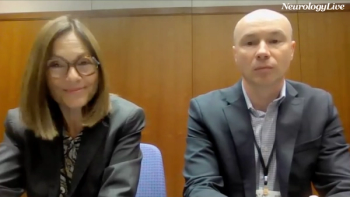
The president-elect of the Peripheral Nerve Society provided clinical context the mechanism and clinical relevance of riliprubart, a targeted complement inhibitor in development for chronic inflammatory demyelinating polyneuropathy. [WATCH TIME: 3 minutes]

Carba1 showed promise in preclinical models as a dual-action agent, protecting against chemotherapy-induced neuropathy while preserving anticancer efficacy and safety.

Here's some of what is coming soon to NeurologyLive® this week.

Presented at the 2025 PNS Annual Meeting, phase 2 ARDA data showed empasiprubart reduced IVIg retreatment risk and improved grip strength in patients with MMN.

New data from a phase 2 study presented at the 2025 PNS Annual Meeting showed that riliprubart reduced plasma NfL levels in CIDP, with greater reductions linked to stronger functional improvements.

Patients with Guillain-Barré syndrome treated with tanruprubart, formerly known as ANX005, reported significant benefits in mobility, self-care, and usual activity compared with placebo.

Test your neurology knowledge with NeurologyLive®'s weekly quiz series, featuring questions on a variety of clinical and historical neurology topics. This week's topic is on the Peripheral Nerve Society Annual Meeting.

A groundbreaking CRISPR therapy shows promise in treating hereditary ATTR amyloidosis, achieving significant serum TTR reductions and stable patient outcomes.

A pair of committee chairs for the Peripheral Nerve Society’s Annual Meeting shared key sessions and trends clinicians should follow at the upcoming meeting, emphasizing collaboration, trial data, and clinical relevance. [WATCH TIME: 3 minutes]
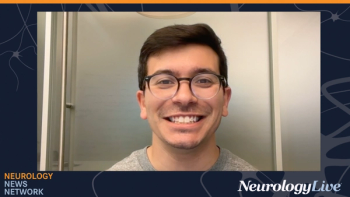
Neurology News Network. for the week ending May 10, 2025. [WATCH TIME: 4 minutes]

Take 5 minutes to catch up on NeurologyLive®'s highlights from the week ending May 16, 2025.

The FDA approved Fujirebio's Lumipulse G p-tau217/β-Amyloid 1-42 Plasma Ratio as the first in vivo blood test for early Alzheimer’s detection, demonstrating high diagnostic accuracy with strong correlations to amyloid PET and CSF test results.

Markted as Brekiya, Amneal Pharmaceuticals’ newly approved therapy offers a self-administered version of dihydroergotamine mesylate for adults with migraine or cluster headache.
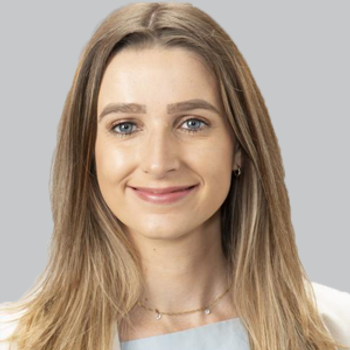
Targeting tau pathology in preclinical Alzheimer disease could benefit from recruiting individuals positive for both Aß and GFAP biomarkers, improving patient selection and cost effectiveness.

A pair of committee chairs for the Peripheral Nerve Society’s Annual Meeting discussed how this year’s meeting reflects a growing emphasis on therapeutic research and translational progress in peripheral neuropathies. [WATCH TIME: 2 minutes]

Mind Moments®, a podcast from NeurologyLive®, brings you an exclusive interview with Ajay Gupta, MD. [LISTEN TIME: 17 minutes]
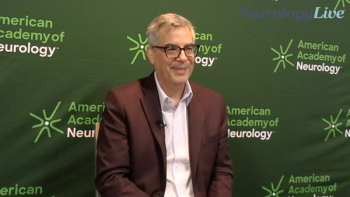
The executive vice president of research at the National MS Society talked about the significance of the Dystel Prize, honoring researchers in MS whose scientific work has led to meaningful diagnostic or therapeutic advancements. [WATCH TIME: 2 minutes]
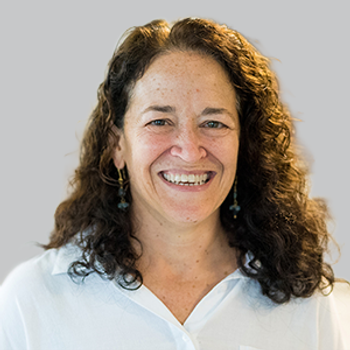
Verdiperstat showed no significant impact on ALS progression in a recent trial, highlighting the challenges of developing effective treatments for this disease.
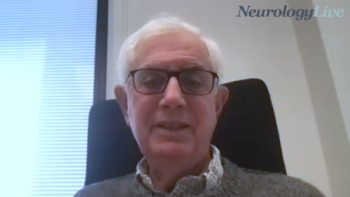
The professor of neurology and neurosurgery at McGill University discussed the evolution of multiple sclerosis treatment, the need for earlier intervention, and the pressing scientific questions surrounding neuroinflammation. [WATCH TIME: 4 minutes]

Peter Gliebus, MD, discusses the clinical complexity of frontotemporal dementia and how Baptist Health’s symposium is helping to prepare the field for future advances in diagnosis and treatment.
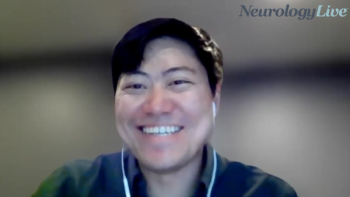
The research portfolio director at the Muscular Dystrophy Association discussed the evolving ALS therapeutic landscape, highlighting advances in genetic and RNA-based interventions. [WATCH TIME: 6 minutes]
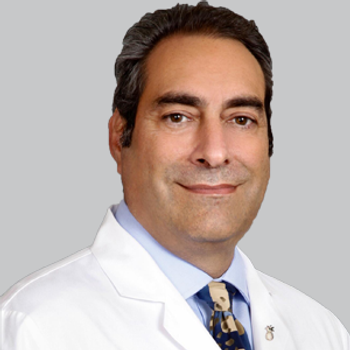
Seif Elbualy, MD, discusses his role at the Brain and Spine Symposium and shares insights on the future of interventional pain management, evolving techniques, and pharmaceutical innovation.

A recent large cohort analysis of global MS registry data reported that the incidence and persistence of progression independent of relapse activity varied widely depending on how it was defined.

Priya Kishnani, MD, division chief of Medical Genetics at Duke University, reflects on Pompe disease’s historical and scientific evolution, from early enzyme therapy to next-generation treatment strategies and newborn screening breakthroughs.

New data from the HELIOS trial shows AMX0035 improves glycemic control and stabilizes symptoms in Wolfram syndrome, paving the way for future studies.

FDA approves study to test Capsida's CAP-002 gene therapy for STXBP1-DEE, offering hope for improved seizure control and developmental outcomes in affected patients.

The director of the Tuberous Sclerosis Program at Cleveland Clinic provided clinical commentary on a novel clustering analysis in TSC, revealing how phenotype-genotype insights can lead to more personalized treatment and surveillance.